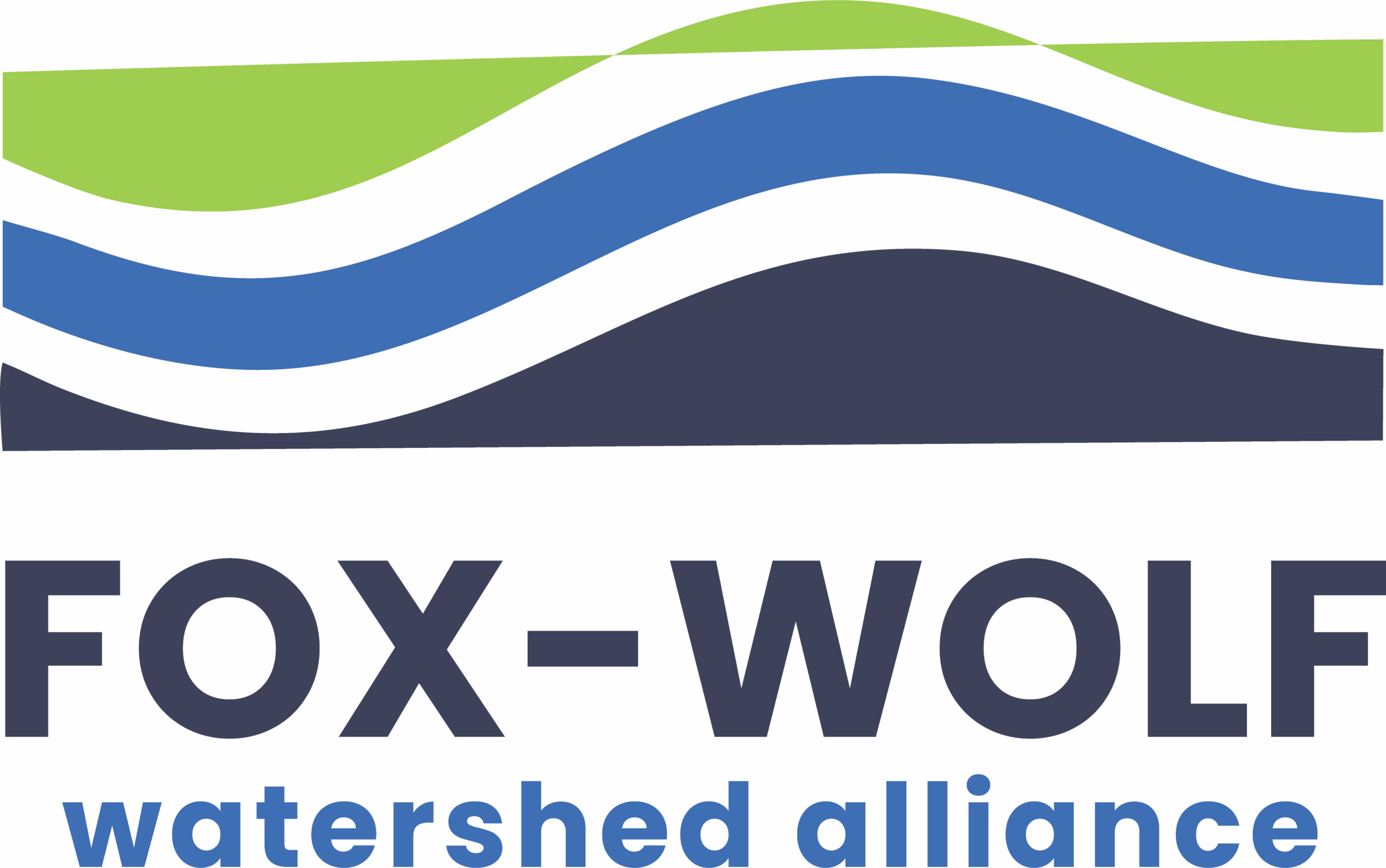The Lower Fox Demonstration Farms Network (“Fox Demo Farms”) is a Great Lakes Restoration Initiative (GLRI) project designed to showcase and demonstrate leading edge conservation practices that improve Great Lakes water quality by reducing phosphorus from entering Green Bay and Lake Michigan. The partnership is the first of its kind in the Great Lakes region and it consists of eight producers within the Fox River Basin, their crop consultants, Brown and Outagamie County Land and Water Conservation Departments, the Natural Resource Conservation Service (NRCS), and the University of Wisconsin-Extension. Since it’s start in 2014, Fox Demo Farms and Fox-Wolf Watershed Alliance have been working toward the same goals – work closely with producers to adopt conservation practices and address challenges at the ground level and provide solutions that can be implemented on a large scale throughout the river basin.

Fox Demo Farmers
Fox Demo Farms group photo. Pictured (left to right), Barry Bubolz (NRCS), Derek Van De Hey, Greg Nettekoven, Dave Van De Hey, Matt VanWychen, Nick VanWychen, Tom Vander Wettering, Dan Brick, Bill Vander Wettering, and Brent Petersen (Brown County)
In April 2022, Fox Demo Farms published a comprehensive report detailing the impact the program has made in the Lower Fox basin to date. The Fox Demo Farms Impact Evaluation Report lays out three key areas of program success:
- Building Relationships
- Positive changes in the watershed have come from successful partnerships among local, state, federal, academic, and non-profit organizations. Instead of working in silos, organization work together to find solutions and share information across agencies.
everyone gains from it. - Relationships between farmers and agencies have shifted to be proactice instead of reactive. The shift to cooperation instead of regulation has led to positive changes on the landscape.
- Field days and open communications have created opportunities for farmers to meet one another and share knowledge. Prior to the Fox Demo Farms, many farmers did not have the courage to talk to other farmers in the watershed about conservation practices
- Positive changes in the watershed have come from successful partnerships among local, state, federal, academic, and non-profit organizations. Instead of working in silos, organization work together to find solutions and share information across agencies.
- Land stewardship
- Farmers want to be good stewards of the land; when they have the toosl and resources to change, they feel empowered to make changes to their practices that benefit water quality
- Outreach and Education
- As Demo Farm networks grow, outreach must change to meet the needs of farmers. While field days are an excellent way to build excitement around practices, small group meetings that encourage coversation allow farmers to address technical questions with their peers.
- Farmers are beginning to see a paradigm shift not only among their peers, but across the agricultural industry, from conventional farming toward conservation based practices. This shift toward conservtion is being driven by farmers.
- Outreach and education needs to be specifically designed for agronomists and custom operators as farmers stressed the importance of having these resources who are supportive of conservation practices.
- Conservation professionals need to communicate the short-term benefits of conservation practices as farmers have seen improvements in the first year or two with a full suite of benefits after seven or more years.

Content adapted from UW-Extension Lower Fox Demonstration Network Materials (https://fyi.extension.wisc.edu/foxdemofarms)
Questions? Contact us:
Climate Smart Agriculture Project Manager: Katie Woodrow, 920.915.5767 or katie@fwwa.org
To receive periodic updates on these projects as well as many others, please subscribe to our newsletters: CLICK HERE


